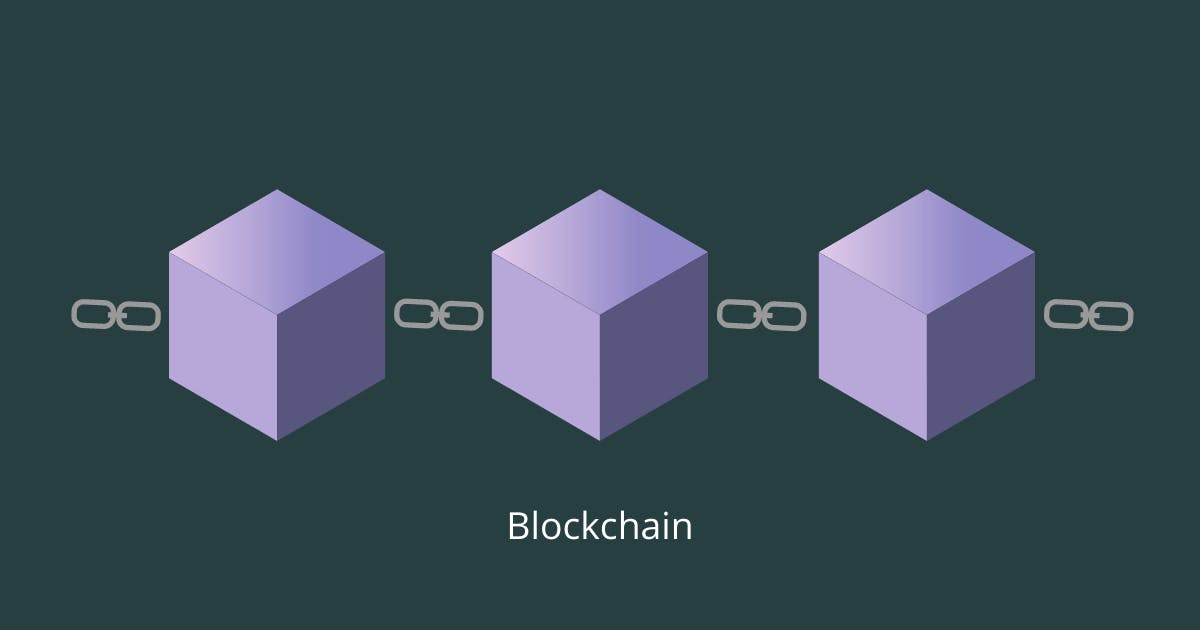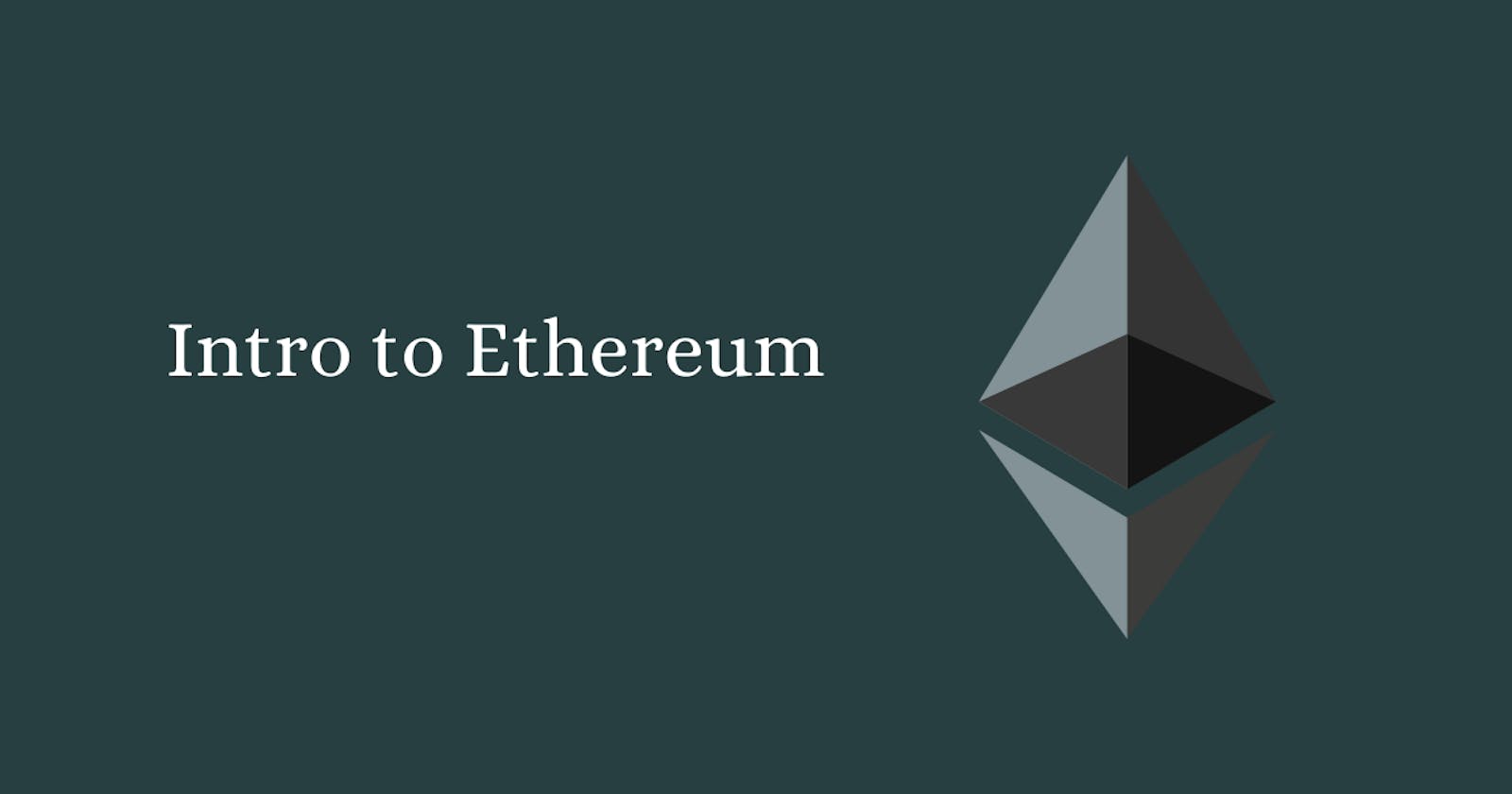Hi 👋 there! I have developed keen interest in understanding and building decentralized apps (dapp). I thought why not share my learning 📚 and journey 🚴 with you all. So let's get started.
Why Ethereum comes into the picture but before we jump on to it, let me tell you a short story of BLOCKCHAIN. It started in 1982, a cryptographer David Chaun first proposed the blockchain-like protocol. Later in 2008, first-time blockchain was conceptualized by a person (or group of people) known as Santoshi Nakamoto and published a white paper📄, the purpose was to have a protocol to send-receive money without any central authority like a bank. Thus Bitcoin was developed. The question was will blockchain be only for the money transaction? Well later in December 2013 Vitalik Buterin published a white paper📄 on Ethereum. He wanted to use Bitcoin not only for money transactions but even for developing amazing decentralized applications, domain names, and many more. The main concept which discriminates Ethereum from Bitcoin is Smart Contract. Ethereum is an ultimate Smart Contract( we will learn about the smart contract in later sections).
That's it about the background. Let's now understand the concept behind Blockchain technology. Blockchain is a public database(ledger)📒 that is updated and shared across many computers(nodes) in a network.

Blocks: Data and state is stored in a consecutive group known as "blocks". If I send ETH to you, the transaction data needs to be added to a block to be successful. Chain: All the blocks refer to their parent block, thus the block is chained together.
Folks, I'll suggest you watch a working demo of blockchain by Anders Brownworth. He has explained the working, concept of distributed networks and gives you the gist of blockchain.
You can read this blog on the basics of blockchain technology and about Consensus Mechanism by Ashish Maurya.
Why Ethereum?
Why Ethereum has intrinsic value?
You must be wondering why Ethereum, what makes Ethereum so special that everyone has started talking a lot lately. Ethereum is an open-source blockchain platform with its own cryptocurrency, called Ether (ETH) or Ethereum, and its own programming language, called Solidity.] There is a single standard computer called Ethereum Virtual Machine (EVM) and everyone on the Ethereum network agrees on the state of the EVM. Every node (computers on the Ethereum network) keeps a copy of the state of this computer(EVM). if one node broadcasts a request for this computer to perform arbitrary computation then every other node on the network verify, validates, and executes the requested computation which causes the state change in the EVM, this change in state will propagate throughout the entire network.
As we are now aware, that Ethereum was built as a platform to run smart contracts and applications. Those applications are called decentralized applications (Dapp) like Decentralised finance(Defi) or nonfungible token(NFT) 🎟️ (pretty popular right?). Defi is an extremely bullish catalyst in Ethereum. In fact Ethereum host more than 200,000ERC tokens. Defi allows anyone to trade assets directly without involving banks.
Currently, Ethereum and bitcoin use a proof-of-work consensus mechanism for verification and confirmation of the transaction on the network by miners. There are a few drawbacks of the proof-of-work mechanism like it does not provide any consequences toward malicious behavior and doesn't encourage collaboration. Thus Ethereum is moving toward a proof-of-stake consensus mechanism model, which will provide more transaction processing capability and will protect🕵️♂️ the network from malicious activities.
What is happening in proof-of-stake? In the proof-of-stake model, transaction validators will replace miners. Validators will be required to own ether, and in order to validate a block, they will be required to put their ether stake on the line to certify that a block is valid. This way, if there is malicious behavior, their stake is at risk.
🎯In 2022, the Ethereum2.0 upgrade will be using proof-of-stake and providing faster transactions, more scalable, secure, and sustainable. As part of the upgrade, Beacon chains and shard chains are a smaller group of nodes that process their own portion of transactions in parallel. 📣 For a more detailed reading on upgrades.
🗓️Ethereum is now six years old and it has established itself as the most actively used blockchain network, while its native token, ether, is now the second-largest cryptocurrency by both market capitalization and daily volume📈.


